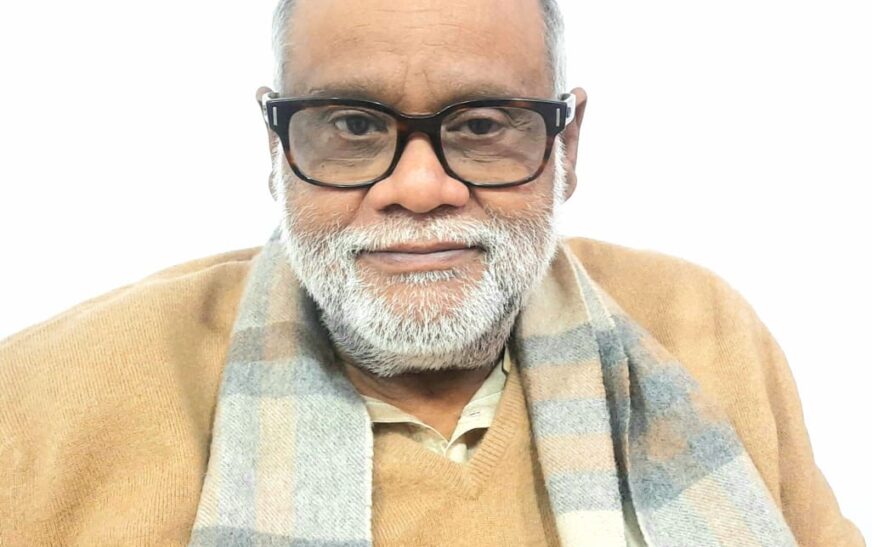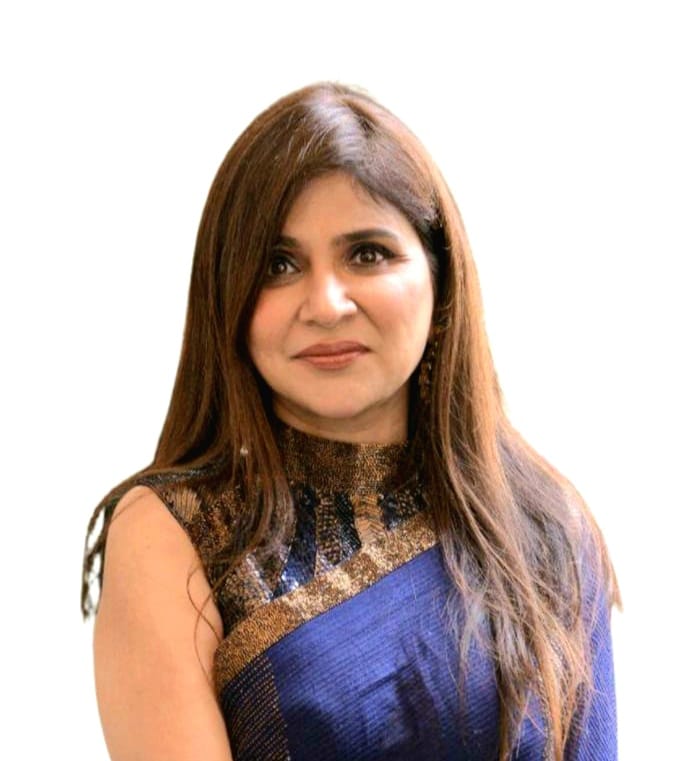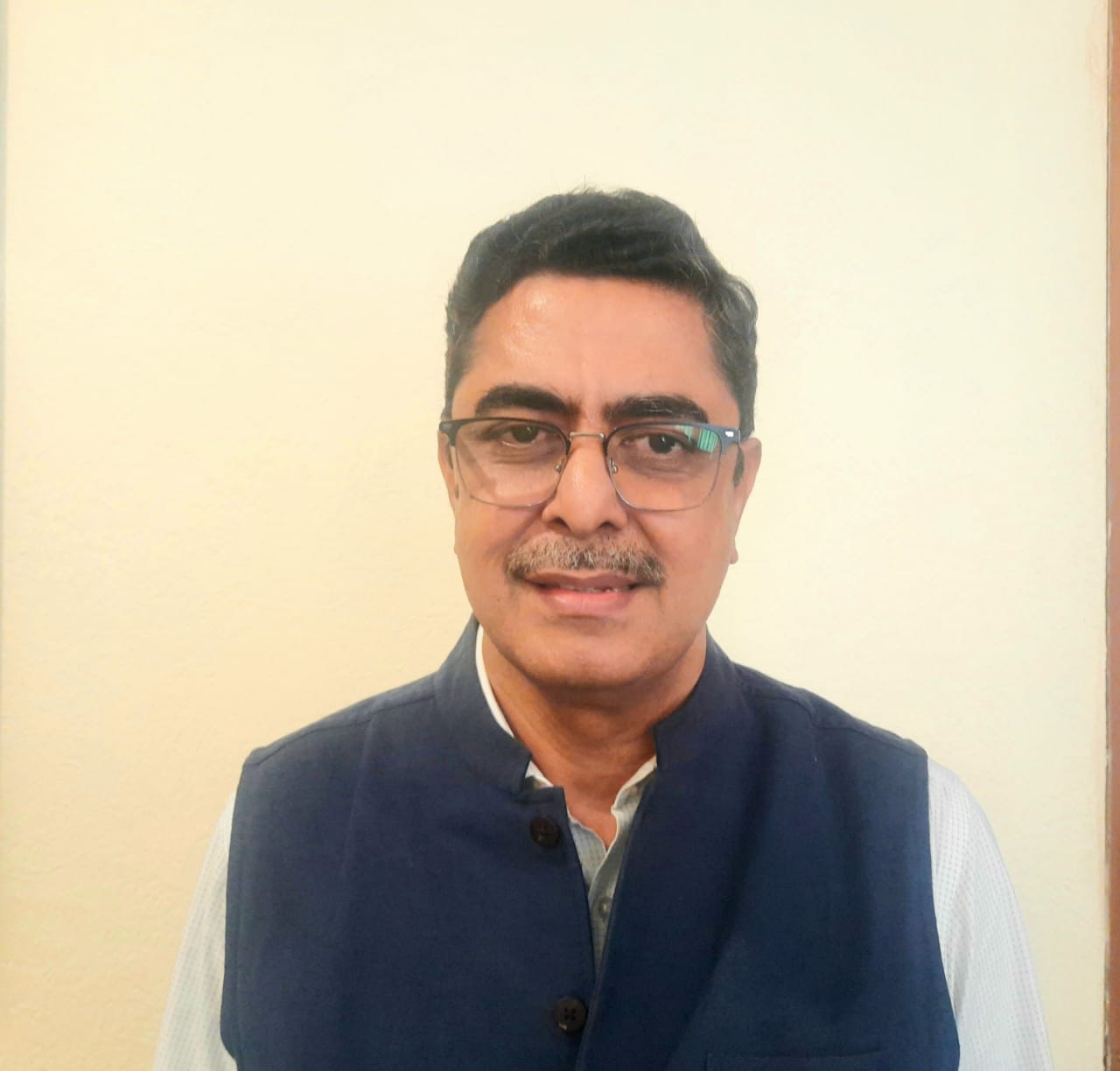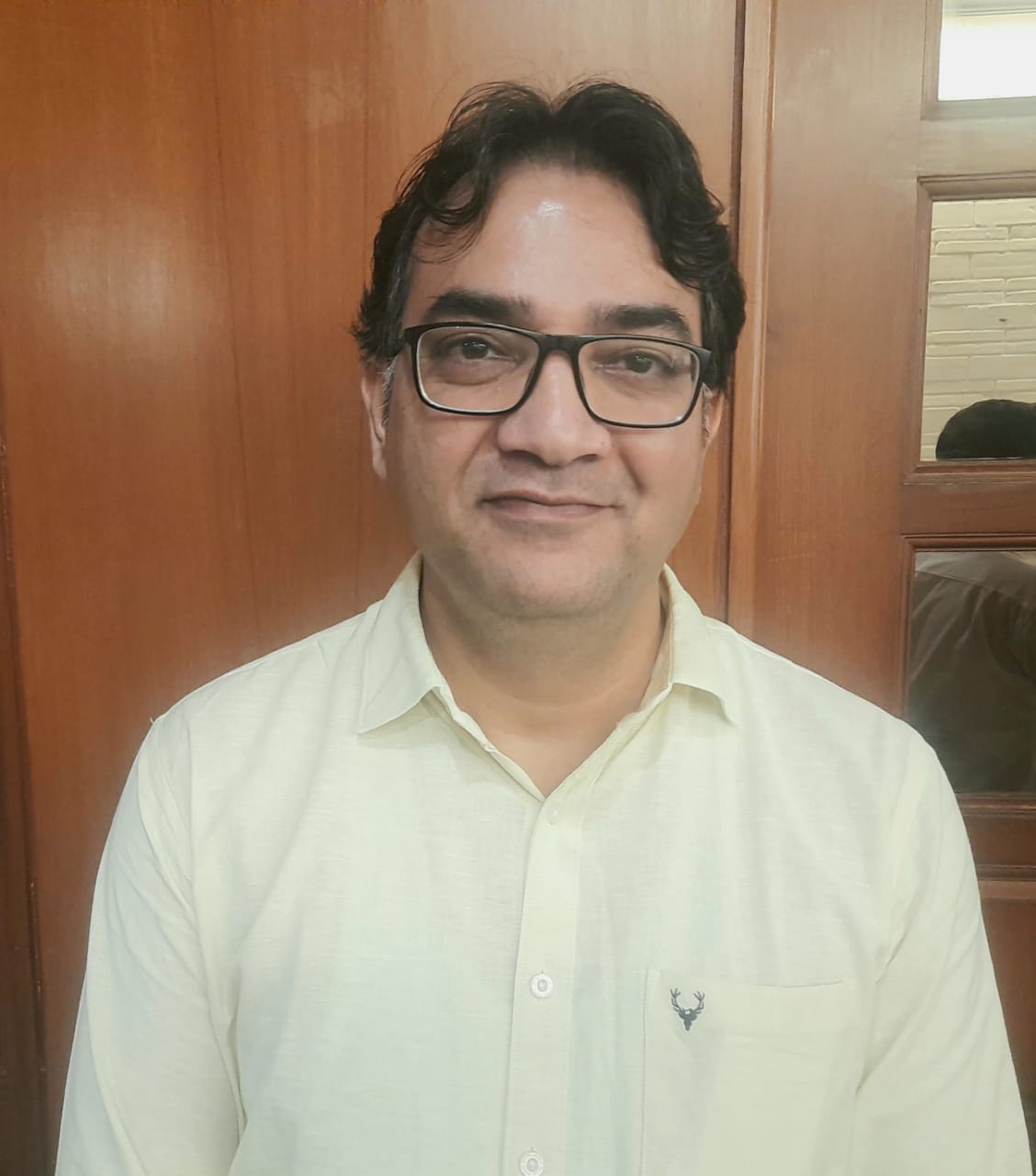Sanjay Sahay stands as a luminary in Hindi literature and media, celebrated for his multifaceted contributions as a storyteller, film producer, and theatre director. Renowned as an editor, film writer, playwright, and an active advocate for cultural enrichment, he has consistently pushed the boundaries of creative expression. His acclaimed story collections, Surang and Mulakat, were published by Rajkamal Prakashan, cementing his position as a literary force. His play Jaanch Padtal has captivated audiences nationwide, performed over 500 times by various theatre groups. Notably, his story Sheshant inspired the film Patang, directed by Gautam Ghosh, which earned the prestigious Silver Lotus for Best Feature Film in Hindi at the 1994 National Film Awards.
In 2003, Sahay founded Renaissance, an advanced cultural hub in Gaya, Bihar. This vibrant centre hosts classical music, dance, and theatre performances while fostering creativity through ongoing workshops on literature, theatre, art, and cinema. It also serves as a platform for engaging discussions on pressing social issues, establishing itself as a beacon of cultural and intellectual discourse.
For the past 13 years, Sahay has been at the helm of Hans, the esteemed magazine founded by Rajendra Yadav. His fearless, diverse, and forward-thinking editorials have earned him widespread acclaim, showcasing his commitment to progressive ideals and literary excellence.
Upon receiving the Hindi Academy Patrakarita Samman 2024, Sanjay Sahay, in an exclusive conversation with The Interview World, shared profound insights into contemporary Hindi literature. He explored its evolving role in addressing societal issues and human values, especially amidst the growing influence of capitalism. He reflected on the relevance of print media in an era dominated by social and digital platforms and critically examined whether social media accurately represents Indian society. Concluding with a powerful message for aspiring journalists, Sahay’s conversation left a lasting impression. Here are the key takeaways from this compelling dialogue.
Q: How can contemporary Hindi literature address current social issues and human values more effectively, particularly in light of the increasing influence of capitalism on society?
A: Contemporary literature stories should always champion humanity, particularly the plight of the underprivileged. Progress must be collective. We need to nurture our emotions and refine them continually. Each day, we should reflect on our actions—what we’re doing that must change. Sensibility, sensitivity, and equality must be at the forefront of our interactions. How we speak to and about each other carries immense significance. Respect for others begins with giving the same respect we desire for ourselves. If we fail to recognize where we are going astray, how can we truly stand for humanity?
As we move forward, the growing dominance of capitalism in the country raises a critical question: where is the space for humanitarian values in this system? While some argue that capitalism has fostered liberation and created opportunities, it has also perpetuated exploitation. If we examine society through this lens, we see a mix of flaws and virtues. The system, much like human philosophies, contains admirable ideals but also significant shortcomings. These imperfections, however, should not deter us. Writers and observers alike must adopt a discerning vision—one that helps us navigate and resist these flaws while preserving what is meaningful.
Despite our global efforts, humanity has yet to establish a truly equitable society. A homogeneous system seems unrealistic because every framework has its merits and limitations. Still, the question remains: where are the human values, and how can we safeguard them? This responsibility falls on every individual. The preservation of humanity’s core principles demands vigilance, compassion, and an unwavering commitment to justice.
Q: How relevant are magazines and newspapers in the modern era dominated by social media and digital platforms? Do you believe print media still retains its significance despite the digital shift?
A: An editor plays a pivotal role in any media. While self-editing on social media is possible, inherent biases remain. In contrast, print media relies on a structured editorial process, ensuring a certain level of accountability. Today, even as individuals excel in producing quality content on social platforms, the presence of an editor often distinguishes the quality and reliability of traditional media.
On one side, we see the growing dominance of reels and short-form content; on the other, the once-thriving culture of reading and writing. The question arises—where does intellectualism fit within this spectrum, and what lies ahead for thoughtful discourse?
In India, reading habits seem to be waning. The fabric of intellectual engagement in society has frayed. Gone are the days when students and intellectuals actively debated societal issues. Reflecting on my student days, discussions were lively and abundant. But this tradition has faded. I recall figures like Namwar Singh, Rajendra Yadav, and other stalwarts of Hindi literature leading passionate debates and thought-provoking speeches. That vibrant intellectual exchange has vanished, leaving a void. Today, many confine themselves to their screens, and meaningful discourse has given way to the toxicity of social media. While the platforms enable some valuable conversations, the rampant abuse and trolling overshadow their potential.
Speaking the truth is essential, but it should never descend into vulgarity or below the belt attacks. There must be a standard—a framework of dignity and respect in communication. Unfortunately, this standard often feels absent in today’s digital age. To preserve intellectualism and foster meaningful dialogue, we must strive to rebuild a culture of thoughtful, respectful exchange.
Q: Do you think social media accurately portrays the true image of Indian society, or does it present a distorted perspective?
A: Indian society, like any other, is dynamic and ever-evolving. It is not a static entity or a fixed stereotype. When we consider modern society today, we see a blend of progressive and retrogressive thoughts, much like the simultaneous coexistence of opposing forces in every nation. This constant interplay, this clash of ideas, is inevitable and universal. Indian society, in essence, shares this fluid nature with American, British, European, and other Asian societies.
Culture, at its core, evolves daily. When it stagnates, it transitions into tradition—a legacy that, over time, often requires revision or reinvention. Culture, much like fashion, is subject to change. It adapts and adopts, for example, take literature – is it the same today compared to ancient time or even few decades earlier? Consider our food habits: potatoes, razmas, or chilies, even jalebi and samosas, which originated with the Persian and were popularized by the Mughals. Chowmein, momos, pizzas or look at our attire—pyjamas and kurtas, trousers and shirts are not indigenous but borrowed from elsewhere. Culture is a tapestry woven from influences near and far, constantly reshaped by history and innovation.
Today, we see a strong desire to revisit history, but often with the intent not just to reflect but to alter it. While history can and should be corrected when credible evidence supports such changes, it cannot and must not be rewritten arbitrarily. History carries the weight of its truths, and reshaping it without foundation risks eroding its integrity.
Culture thrives on its capacity to transform, to embrace the new while respecting the past. But history is different. It demands careful preservation, rooted in fact, to inform and guide future generations. In our quest to evolve, we must distinguish between what needs to change and what must remain unchanged though eventually everything will change.
Q: What message would you like to share with aspiring journalists and writers of the younger generation?
A: Journalists and writers must cultivate a habit of extensive reading, actively sharing insights, and honing their ability to process and analyse information. Acquiring knowledge alone is insufficient; the key lies in reflecting on and deeply understanding it. Writers, especially, should equip themselves with a diverse array of tools and resources. Mastery of subjects like science, history, and geography can significantly enhance their craft.
When crafting a story, thorough research becomes indispensable. A strong foundation of general knowledge ensures that narratives are rich, multidimensional, and free from stereotypes. This depth not only elevates the quality of storytelling but also fosters authenticity and relatability, creating work that resonates with audiences.









